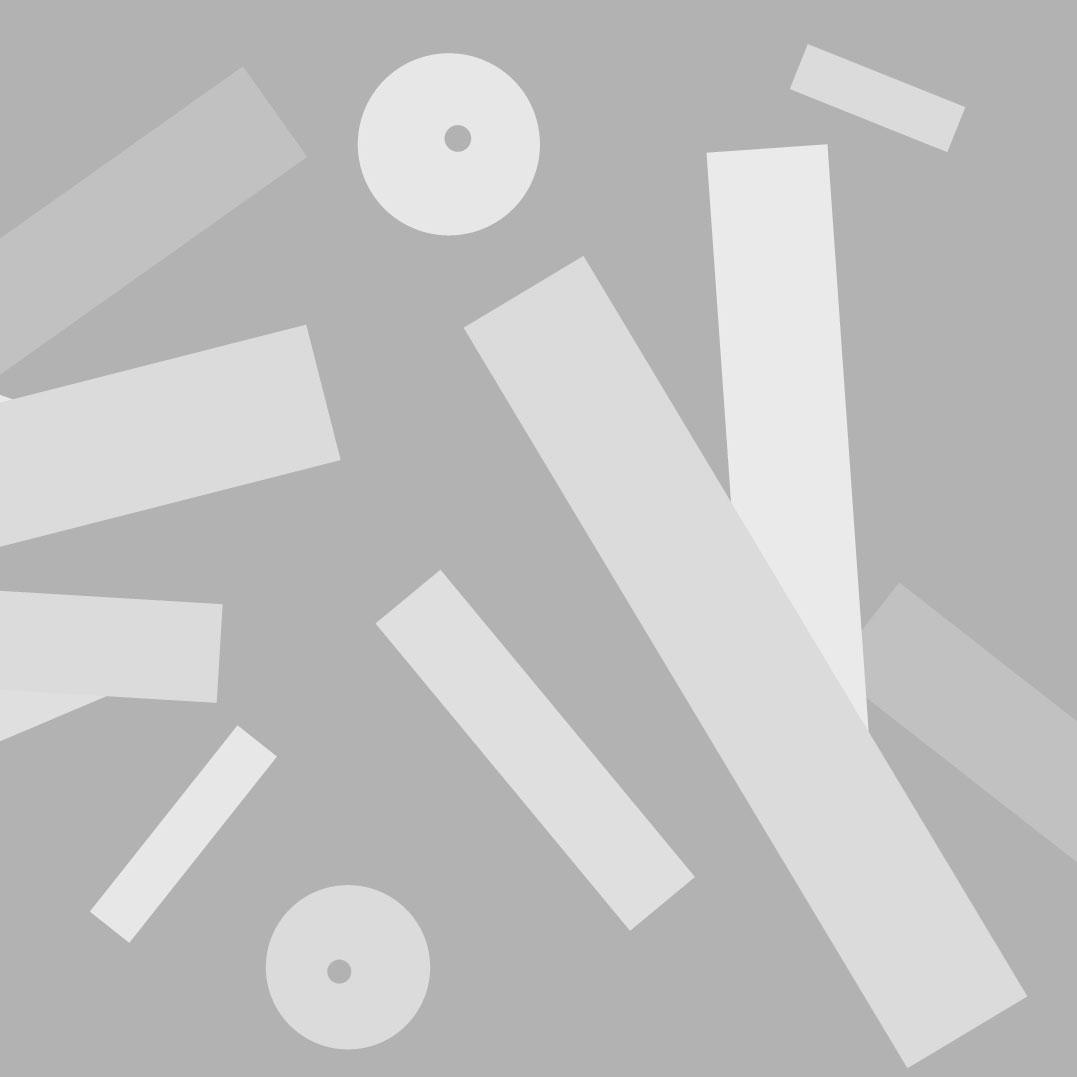Rovereto, Auditorium Fausto Melotti
Songook Yaakaar - Facing up to hope
Germaine Acogny, la danza come gioiosa battaglia
La mia arma, il mio traghetto è la Danza,
benedetta dagli dei ancestrali del mio popolo.
Danzo al di là delle parole e dei mali di questo mondo
nella speranza per le mie Afriche danneggiate
e in difesa della mia gioiosa partecipazione.
Germaine Acogny
Germaine Acogny, dance as joyful battle
My weapon, my ferry is Dance,
blessed by the ancestral gods of my people.
I dance beyond the words and the evils of this world
in hope for my damaged Africas
and in defense of my joyful participation.
Germaine Acogny
Meeting Germaine Acogny means engaging with dance as a powerful means of communication, a collective body that demands attention. Her art is an ambassador in the world of African culture and dance, not confined to its territories and roots but politically proactive with a keen perspective on global society and the exchange between tradition and contemporary languages. Presenting the creation co-produced by Oriente Occidente, she alerts us about herself: “Consider my background, which gives me free access to globalization: female gender, Yoruba ethnic group, born in Benin (formerly called Dahomey), Senegalese and French nationality, married to a German.” Dancer, choreographer, and teacher, she is rightly considered the mother of contemporary African dance.
Songook Yaakaar – Facing up to hope
Germaine Acogny's new work, which Rovereto presents as a world premiere on September 17 at the Biennale de la Danse in Lyon, calls into question our gaze upon Africa and the world. Acogny writes: “For a long time, I wondered what the best way was to respond to those who speak about Africa without really knowing it. Today I answer them through Dance and with words from various backgrounds. I chose to use the mochery dance, a tradition that is still very much alive in West Africa, which allows people to poke fun at each other.” A social practice in Africa that involves entire families and serves as a means of social reconciliation, a strategy to change perspectives, to defuse anger, to ease tensions through laughter. Acogny continues: “As our poet-president Senghor said, Africa brings the laughter of the world.” She goes on to use humor as a weapon of battle: “To the man who said that the tragedy of Africa stems from the fact that in Africa, Man has not played enough of a part in History, I respond, yes, but remember that the first African to enter History was a woman, three million years ago, named Lucy, the mother of humanity celebrated by the Beatles in Lucy in the Sky with Diamonds.” A show to discover in order to find and share, even in these dark times, hope and joy.
WHO IS GERMAINE ACOGNY
Senegalese and French, Germaine Acogny directed Mudra Afrique from 1977 to 1982, founded in Dakar by Maurice Béjart. In 1997, she became the artistic director of the dance section in Afrique en Création in Paris. Together with her husband, Helmut Vogt, she established the International Centre for Traditional and Contemporary African Dance in Senegal, called l’École des Sables, a fruitful exchange place for dancers from all over the world. With her company Jant-Bi, she has traveled the world with solo and group performances. In 2007, she received a Bessie Award for choreography alongside Japanese Kota Yamazaki in New York for their show Fagaala.
Choreography Germaine Acogny, Pierre Doussaint
Conception and dance Germaine Acogny
Music Fabric Bouillon-LaForest
Lighting Horst Mühlberger
Video Frédéric Koenig
Texts Bernard Mounier
Costumes Angélique Diedhiou
Co-production OrienteOccidente, Biennale de la Danse/Lyon, Grand Théâtre de la Ville/Luxembourg, Culturesfrance, Compagnie Preljocaj/Aix en Provence, Tanzhaus NRW/Düsseldorf, Centre National de la Danse/Paris, Centre de Développement Chorégraphique/Toulouse, African Dance International/Hambourg, Ballet National de Marseille
preview
co-production OrienteOccidente
duration 60 minutes


